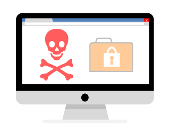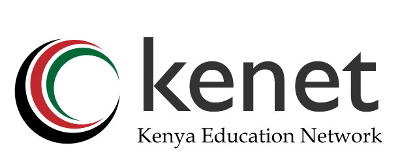You are here
Avoiding Ransomware Attacks
- Posted on: 18 October 2017
- By: admin

Ransomware is a type of malware designed to encrypt users’ files or lock their operating systems so attackers can demand a ransom payment. Ransomware executes when a user is lured to click on an infected link or e-mail attachment or to download a file or software drive while visiting a rogue website.
Sophisticated social engineering techniques are used to entice users to take the desired action; examples include
- an embedded malicious link in an e-mail offers a cheap airfare ticket;
- an e-mail that appears to be from Google Chrome or Facebook invites recipients to click on an image to update their web browser; or
- a well-crafted website mimics a legitimate website and prompts users to download a file or install an update that locks their PC or laptop.
The ransomware could either lock the device (laptop, desktop, or phone) and change the login password thus preventing the user from accessing the device. The ransomware could also encrypt the files on your hard drive and networked machines. To get access to your files, the hacker would require you to send money in bitcoin. Bitcoin makes it hard to trace the hacker yet does not also guarantee that you would get access to your files.
To avoid becoming a victim of ransomware, users can follow these tips:
- Delete any suspicious e-mail. Messages from unverified sources or from known sources that offer deals that sound too good to be true are most likely malicious (see figure 3). If in doubt, contact the alleged source by phone or by using a known, public e-mail address to verify the message’s authenticity.
- Avoid clicking on unverified e-mail links or attachments. Suspicious links might carry ransomware
- Use e-mail filtering options whenever possible. E-mail or spam filtering can stop a malicious message from reaching your inbox.
- Install and maintain up-to-date antivirus software. Keeping your operating system updated with the latest virus definitions will ensure that your security software can detect the latest malware variations.
- Update all devices, software, and plug-ins on a regular basis. Check for operating system, software, and plug-in updates often — or, if possible, set up automatic updates — to minimize the likelihood of someone holding your computer or files for ransom.
- Back up your files. Back up the files on your computer, laptop, or mobile devices frequently so you don’t have to pay the ransom to access locked files.
You can watch a short video here to learn more about ransomware.
KENET offers mail filtering as a service for member institutions that are running their email boxes (this service is not available for those on google apps). KENET also offers Disaster Recovery as a service. Your institution could use the DR site to backup files. If interested to learn more about these services, kindly write to support@kenet.or.ke and one of our engineers will be intouch.
